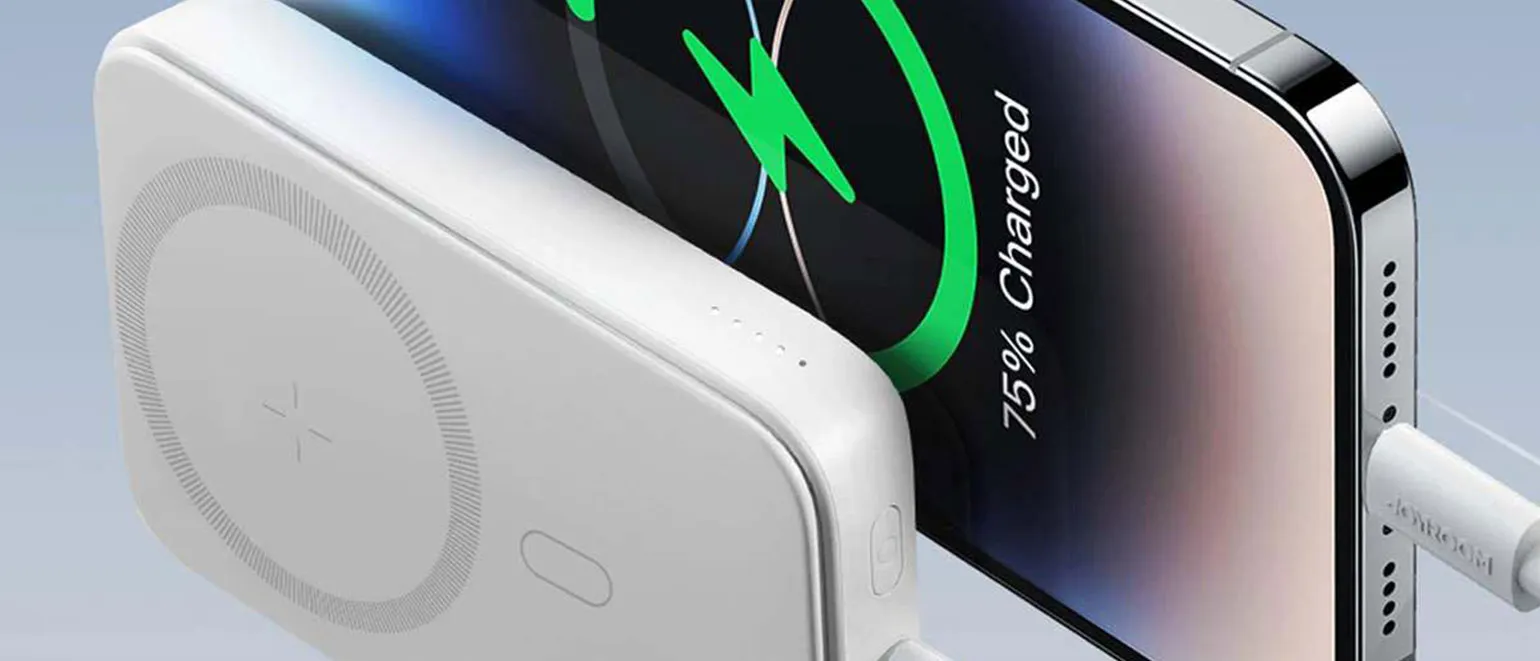How to use Jumpstarters: A practical guide
Add products by adding codes
Portable energy sources - from power banks, through jump starters to charging stations

Nowadays, portable energy sources such as power banks and power stations are becoming essential in everyday life. They allow you to conveniently charge mobile devices anywhere, ensuring complete freedom of action.
Power banks – a portable source of energy
Powerbank is a portable charger that allows you to charge mobile devices anywhere, without having to connect them to an electrical outlet. From compact models that fit in your pocket to those with larger capacity, power banks can power smartphones, tablets, headphones, smartwatches and other devices.
The power bank collects energy using an external power source, such as a wall socket, which it then stores in chemical form. When needed, it transmits it to the connected device via the output port. The charging process consists of three phases: energy absorption, storage and release. It works similarly to a phone battery, although power banks often offer more advanced features depending on the model.
Our assortment includes power banks charged both via USB ports and solar panels, as well as models that support Qi or MagSafe inductive charging, ideal for modern mobile devices.
Power stations – mobile power plants
A power station, sometimes called a portable power station, is a device with high power and capacity that allows you to charge many devices at the same time. Compared to traditional power banks, power stations offer a wider range of connectors, such as Schuko-F (mains connector) or Anderson (for connecting solar panels). Thanks to this, the power station can power not only smartphones or laptops, but also more demanding devices, such as travel refrigerators, portable lighting and even electric cars.
Powered by lithium-iron-phosphate (LiFePO4) batteries, the power stations are characterized by a long service life and can weigh up to 20-25 kg, depending on the capacity. Thanks to their versatility, power stations become an invaluable tool when traveling, camping, and as an emergency source of energy.
Jumpstarters – lifesaver on the road
Traditional jump starters, based on lead-acid batteries, offer power ranging from 300 to 1,700 amperes. However, their disadvantage is their high weight, large size and susceptibility to sulphation, which can significantly reduce their capacity and service life. Due to sulfation, a new lead-acid battery may become damaged after just a few months, requiring replacement.
More modern models of jump starters with lithium-ion batteries appeared on the market in 2013. Compared to lead-acid versions, they are much lighter, more compact and have a higher discharge rate. Some companies also use capacitors that offer better current stability and lower failure rates, although at the cost of shorter energy storage time.
Many jump starters are equipped with a USB connector, so they can also be used as portable chargers for mobile devices. However, it is worth remembering that jump starters do not replace a car battery and should not be connected directly to the vehicle's electrical system.
Types of batteries and their properties
Our offer includes devices with three types of batteries:
| Lithium-polymer (LiPo) – core voltage ~3.7V (3.6-4.2V) |
| Lithium-ion (Li-Ion) – core voltage ~3.7V (3.0-4.2V) |
| Lithium iron phosphate (LiFePO4) – core voltage ~3.2V (2.0-3.65V) |
Battery capacity, expressed in milliampere hours (mAh), determines the amount of energy the cell can store. The actual, or usable, capacity is the amount of energy that the battery actually transmits to the charged devices, which may differ from the declared value. High-quality cells can achieve energy conversion efficiency of over 80%.
Pass-through charging – a convenient solution
Power banks with pass-through charging function allow you to simultaneously charge both the power bank itself and the devices connected to it. This is an ideal solution when traveling or when we have limited access to sockets. This function not only saves time, but also extends the life of the power bank by minimizing the load on the cells.



